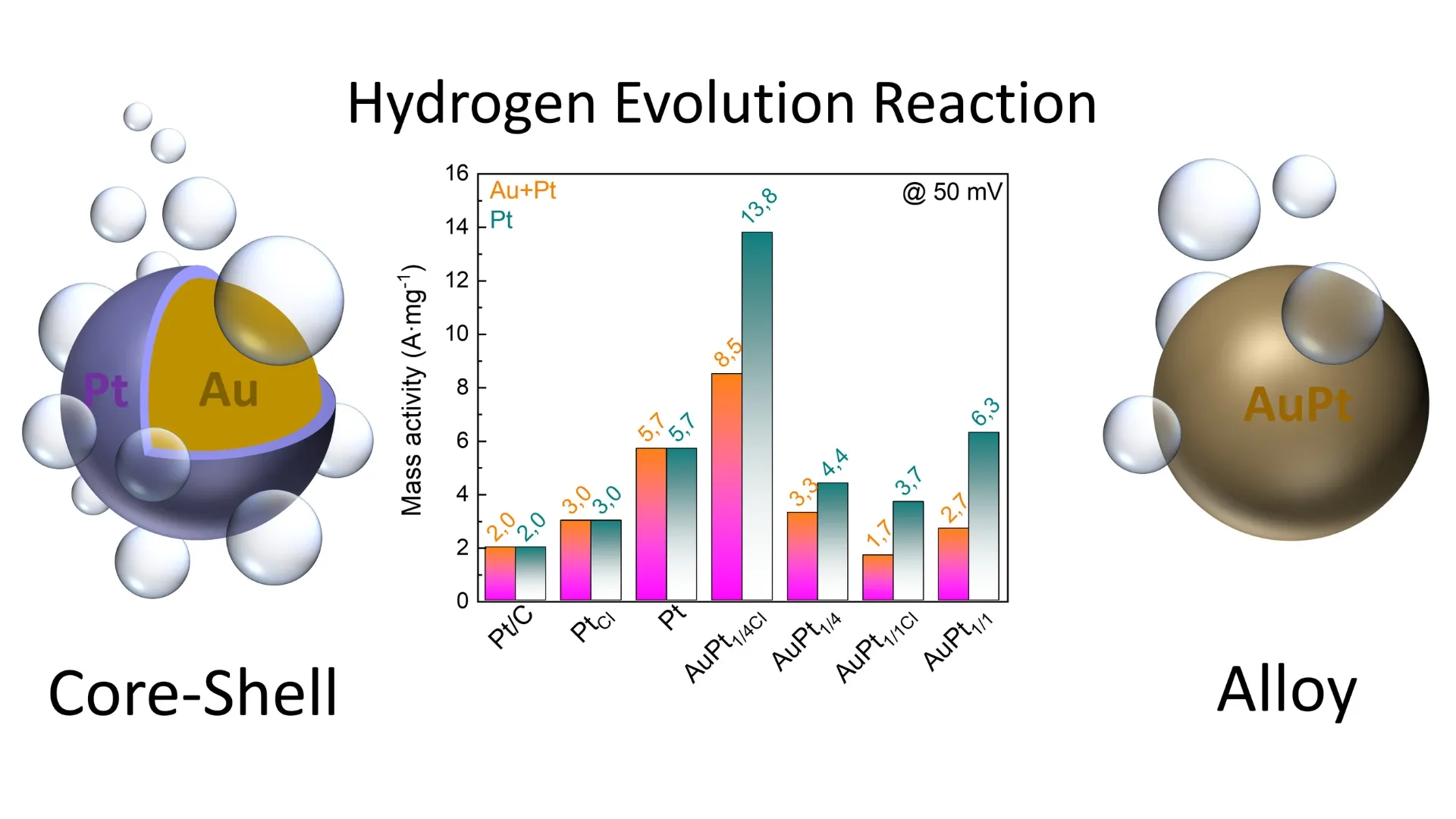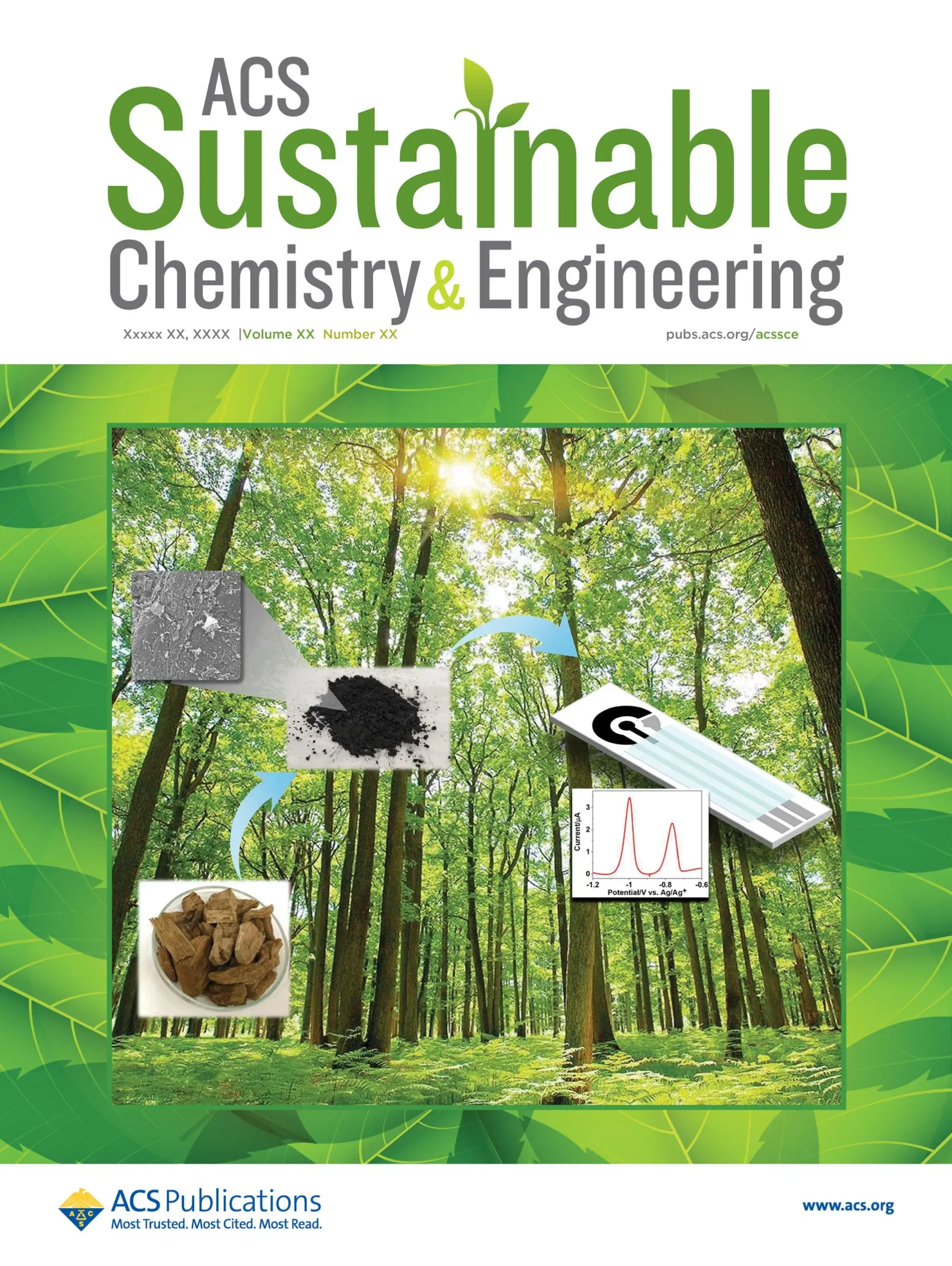New Paper: Cu/Co Nanocatalysts for Efficient Hydrogen Production
Xuesong Zhang and Pablo Guardia have published a new paper in the journal Advanced Science. The study presents Cu/Co-based nanoheterostructures synthesised via a microwave-assisted method. These nanocatalysts enable efficient hydrogen production through alcohol oxidation, outperforming traditional oxygen evolution reactions. This research has been conducted in collaboration with other ICMAB researchers, Jaume Gázquez and Dino Tonti, as well as Arturo Pajares from the Flemish Institute for Technological Research (VITO).
Read more …New Paper: Cu/Co Nanocatalysts for Efficient Hydrogen Production
- Created on .
- Hits: 326



